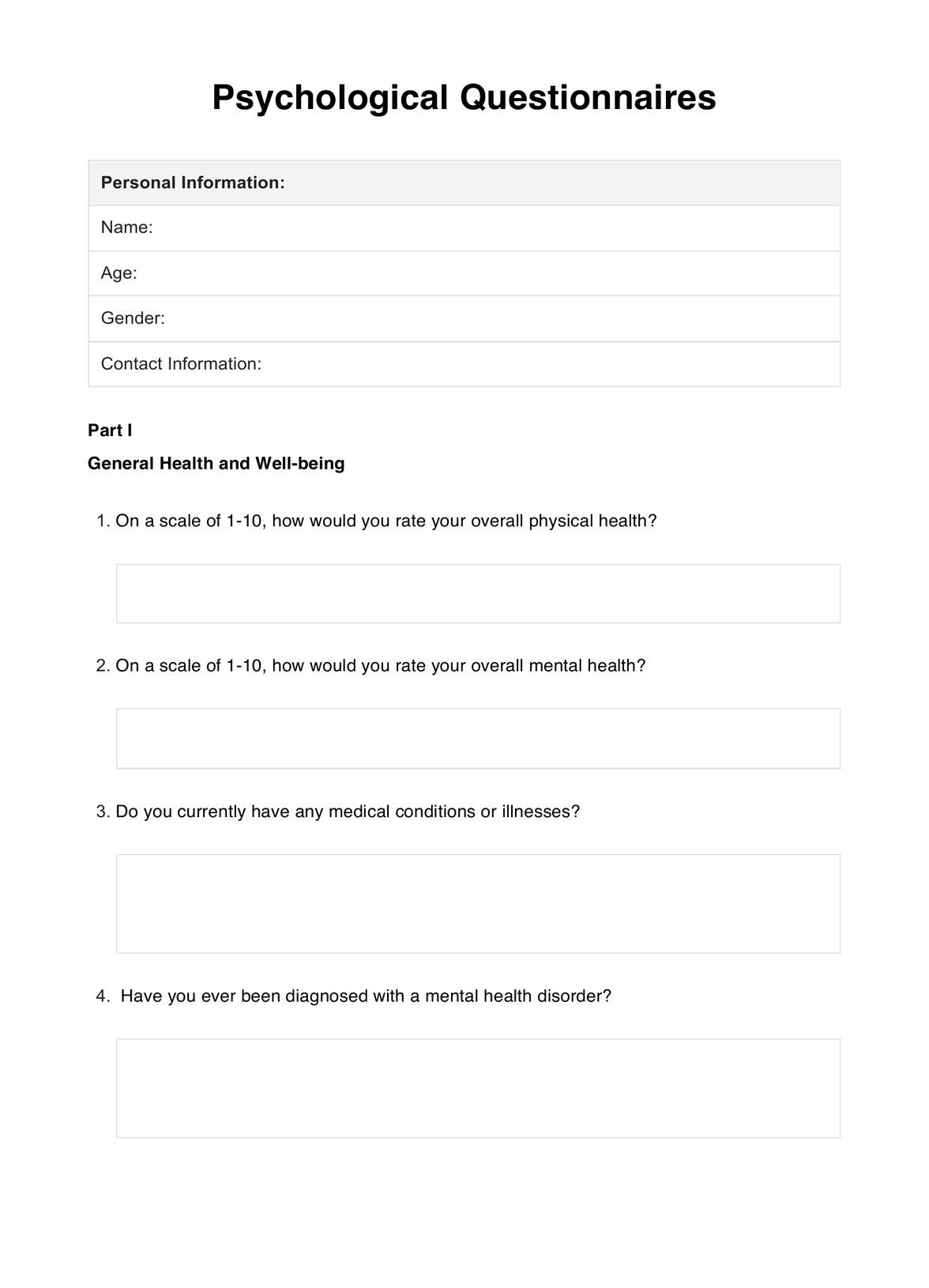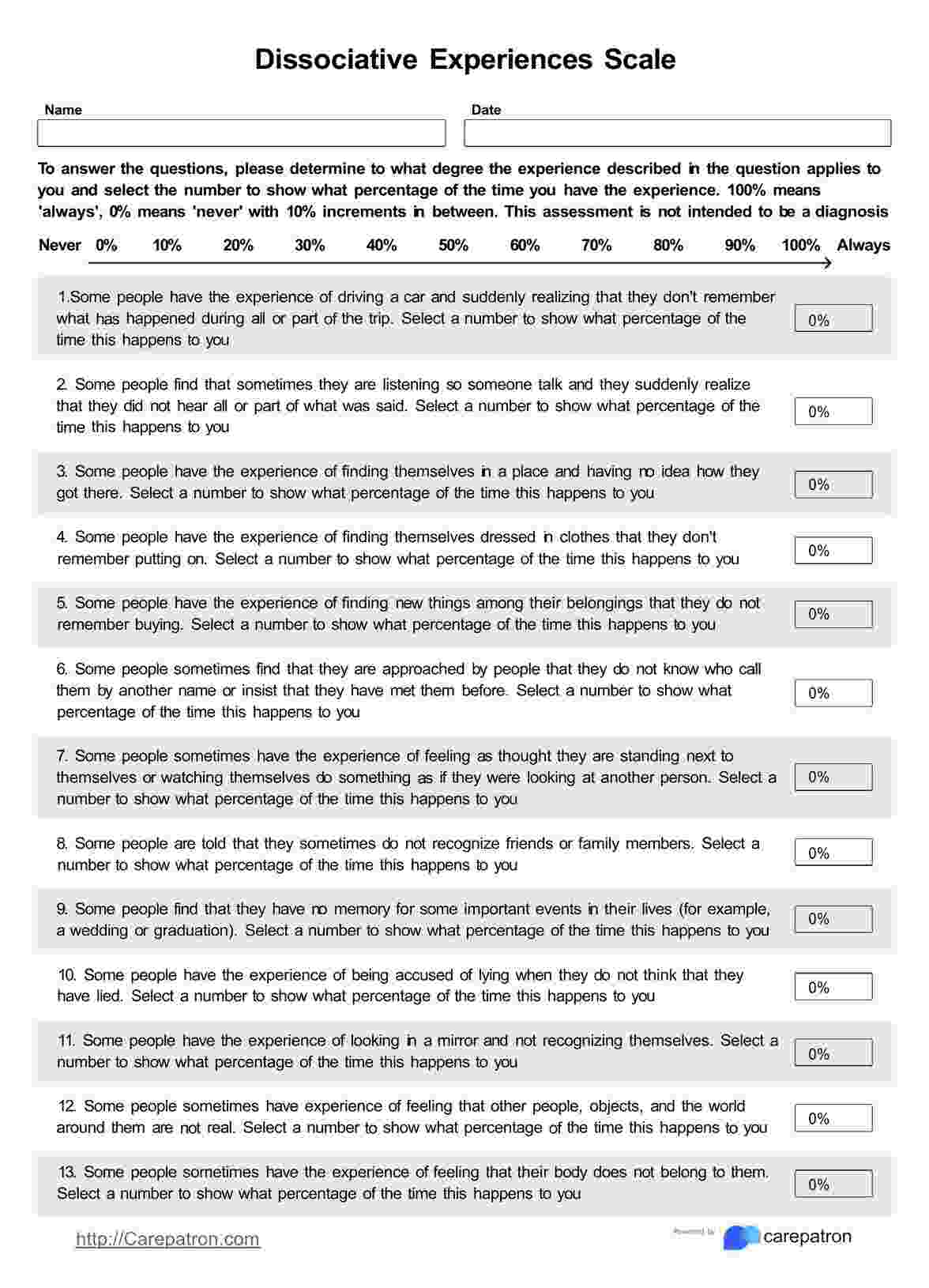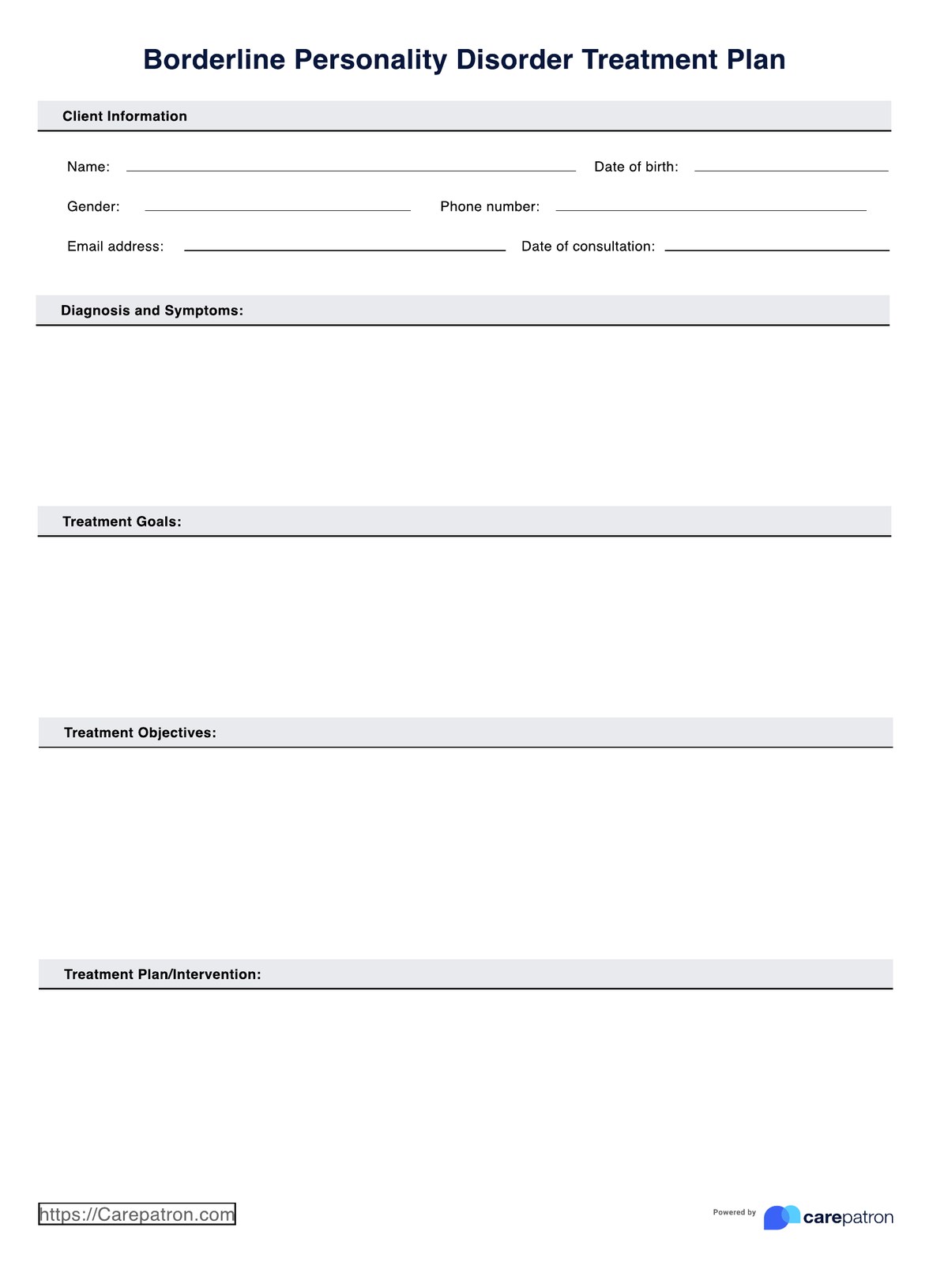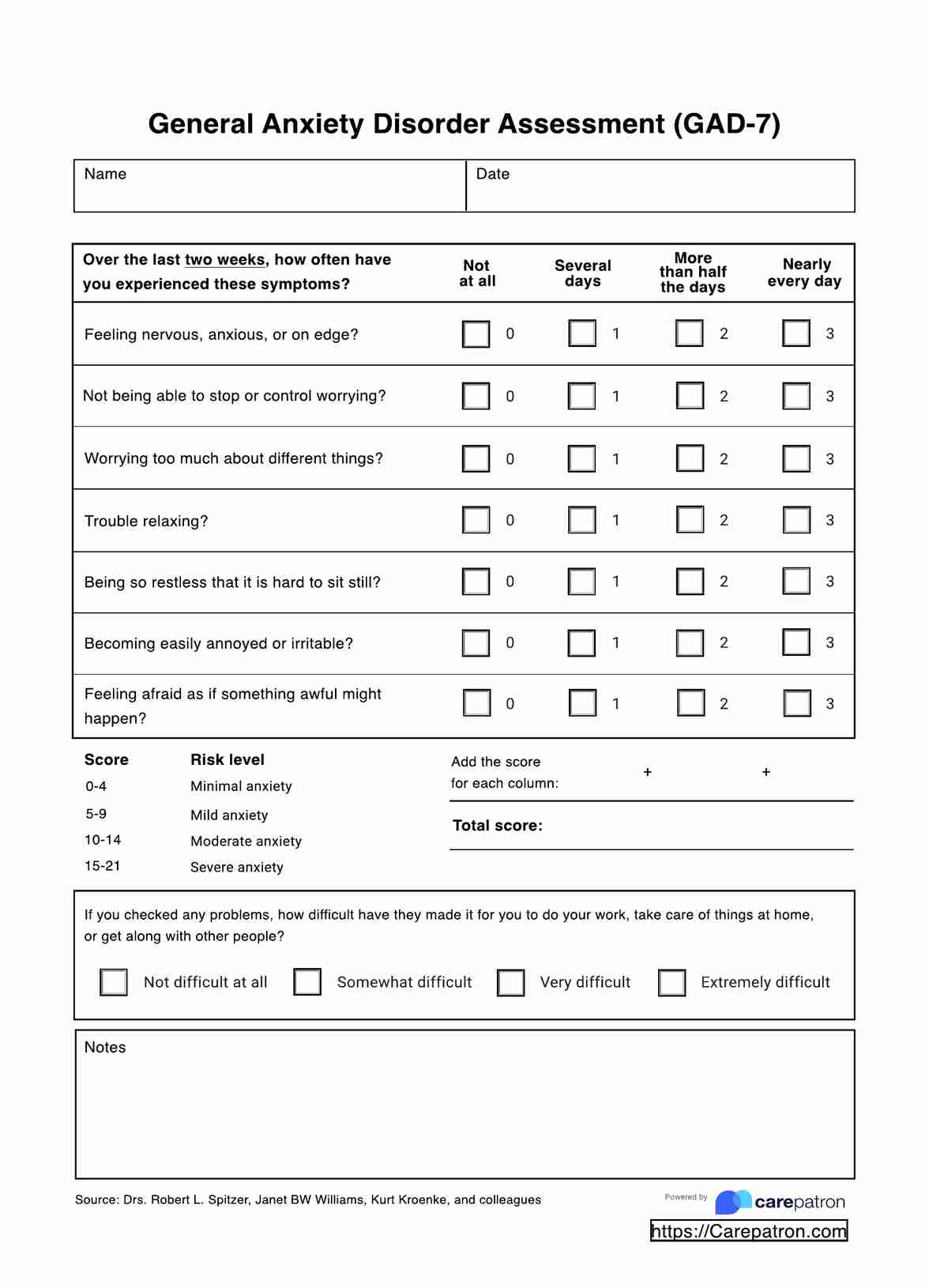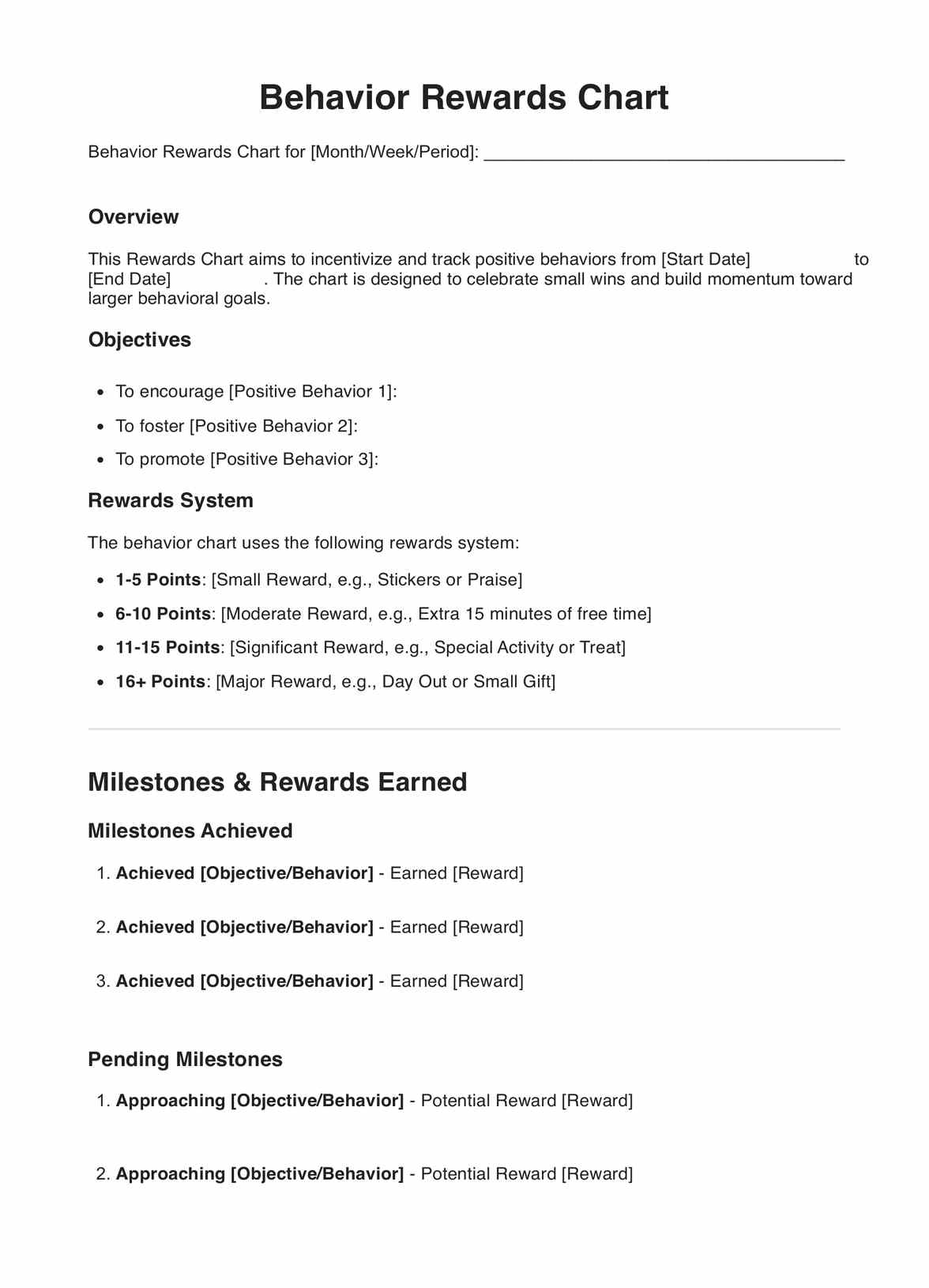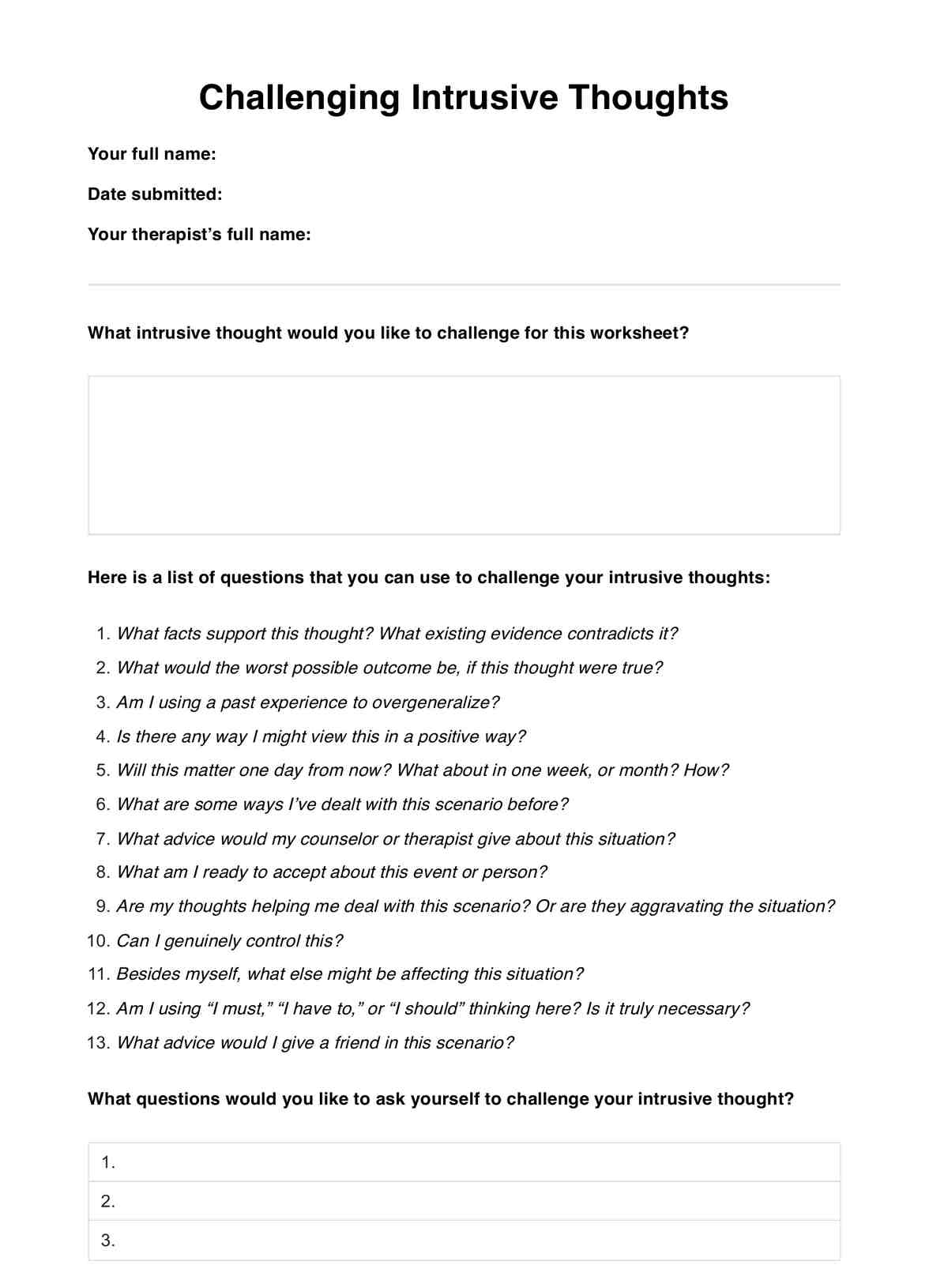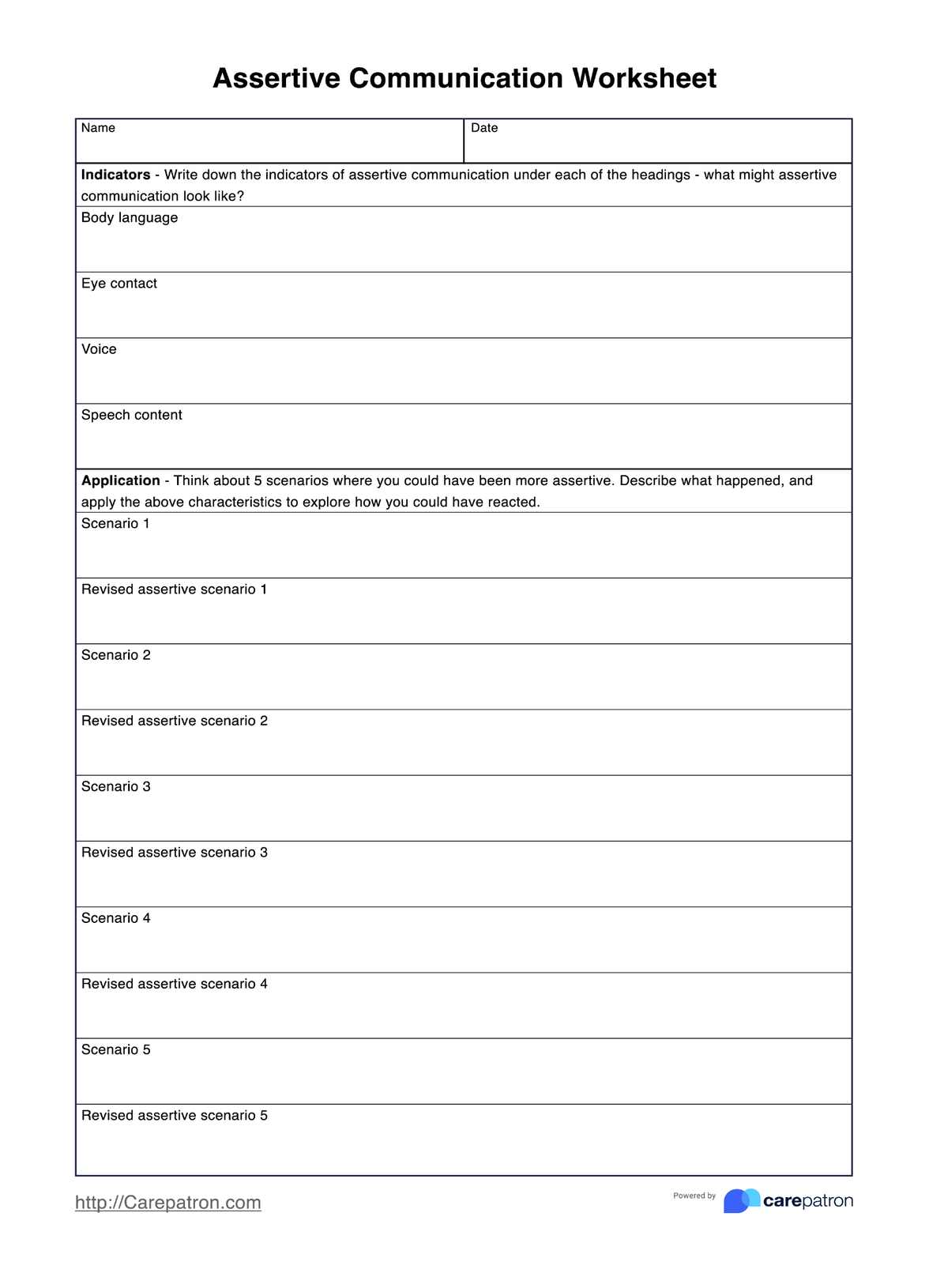Self-Love Letter ACT Worksheet
Unlock self-compassion with the Self-Love Letter ACT Worksheet for improved mental health and well-being in healthcare.


What is a Self-Love Letter ACT Worksheet?
A Self-Love Letter ACT Worksheet is a therapeutic tool based on acceptance and commitment therapy (ACT) principles. It is designed to foster self-esteem, self-confidence, self-compassion, and positive self-regard. This worksheet guides individuals through a process of self-reflection and self-affirmation, encouraging them to recognize their inherent worth and cultivate a healthier relationship with themselves.
The worksheet typically involves writing a letter to oneself, incorporating key ACT concepts such as mindfulness, acceptance, and values-based action. It's structured to help individuals:
- Acknowledge and accept their thoughts and feelings without judgment
- Identify personal values and strengths
- Challenge negative self-talk and limiting beliefs
- Cultivate self-compassion and understanding
- Set intentions for personal growth aligned with their values
- Overcoming low self-esteem
Incorporating this worksheet into therapeutic practice allows healthcare practitioners to provide their clients with a powerful tool for developing healthy self-esteem, challenging negative beliefs, and consistently practicing self-love. This, in turn, can contribute to improved mental health outcomes and overall well-being.
Self-Love Letter ACT Worksheet Template
Self-Love Letter ACT Worksheet Example
How to use the Self-Love Letter ACT Worksheet
The Self-Love Letter ACT Worksheet is a powerful tool for promoting self-compassion and psychological flexibility. Here's a guide on how to effectively implement this resource in practice:
Step 1: Introduction and preparation
Explain the purpose of the Self-Love Letter ACT Worksheet to the client. Create a safe, non-judgmental environment for clients to explore their thoughts and feelings. Frame the activity as an opportunity for self-discovery rather than a task to be completed perfectly.
Step 2: Guide clients through the writing process
Instruct the client to write a letter to themselves from a perspective of self-compassion and acceptance. Encourage them to acknowledge their current struggles or challenges and validate their feelings without judgment.
Guide them to incorporate ACT principles such as acceptance, cognitive defusion, and connection with personal values. Remind clients that there's no "right" way to write the letter – it's a personal expression of self-compassion.
Step 3: Reflection and discussion
After the writing process, invite the client to read their letter aloud if they're comfortable doing so. Facilitate a discussion about their experience, exploring any insights, emotions, or challenges that arose during the exercise.
Step 4: Integration and follow-up
The final step is to work with the client to identify ways to incorporate the insights from their self-love letter into daily life. This might include goal-setting, creating daily positive affirmations, or establishing a regular practice of self-reflection.
When would you use this Self-Love Letter ACT Worksheet?
This Self-Love Letter ACT Worksheet is a versatile tool that can be effectively utilized in various healthcare settings and scenarios to promote self-love and self-compassion.
Individual therapy sessions
Mental health professionals, such as therapists, counselors, and psychologists, can incorporate this worksheet into individual therapy sessions. It is particularly beneficial when clients struggle with self-esteem, self-criticism, or unresolved emotional challenges. By using the worksheet, therapists can guide clients in developing a healthier relationship with themselves, fostering self-compassion, and addressing underlying emotional issues.
Group therapy
The Self-Love Letter ACT Worksheet can also benefit group therapy sessions. Facilitators can introduce it as a group exercise, allowing participants to share and support one another in their journeys toward self-compassion. This can be especially helpful in contexts like support groups for individuals dealing with trauma, addiction recovery, or eating disorders.
Self-help workshops
Healthcare professionals leading self-help workshops, seminars, or wellness retreats can integrate this worksheet into a broader self-care and personal development curriculum. Attendees can use it to gain practical insights into self-love and self-compassion and create actionable self-improvement plans.
Rehabilitation and recovery programs
The Self-Love Letter ACT Worksheet can be introduced as a supplemental resource in addiction rehabilitation or mental health recovery programs. It aids individuals in rebuilding their self-esteem, coping with past traumas, and developing self-compassion as they work toward long-term recovery and healing.
Stress management and wellness coaching
Wellness coaches and stress management professionals can incorporate this worksheet into their sessions to assist clients in managing stress, improving self-care routines, and enhancing overall well-being. It provides a structured framework for clients to set and achieve self-loving goals.
What are the benefits of using this Self-Love Letter ACT Worksheet?
The free Self-Love Letter ACT Worksheet offers several significant benefits for individuals and healthcare practitioners seeking to promote self-love and self-compassion:
Enhanced Self-Compassion
The worksheet guides individuals in crafting self-compassion statements and affirmations, fostering a more compassionate and understanding relationship with themselves. This can lead to improved self-esteem and reduced self-criticism.
Structured Self-Reflection
It provides a structured framework for clients to reflect on challenging emotions and situations, helping them gain deeper insights into their feelings and reactions. This self-awareness is crucial for personal growth.
Practical Action Plans
The worksheet encourages individuals to set actionable goals and commit to self-loving behaviors. This empowers them to take tangible steps towards self-improvement and self-care.
Mindfulness Integration
The worksheet helps individuals become more present and accepting of their emotions by including mindfulness exercises. This mindfulness can contribute to reduced stress and improved emotional well-being.
Versatility in Healthcare Settings
Healthcare practitioners can use this worksheet in various therapeutic contexts, including individual and group therapy, wellness coaching, and self-help workshops, making it a versatile tool for promoting mental health and personal growth.
Positive Impact on Mental Health
Through consistent use, the worksheet can contribute to improved mental health outcomes. Clients may experience reduced anxiety, depression, and emotional distress while developing a more positive self-image.
Commonly asked questions
Practicing self-love involves a combination of mindful habits and intentional actions. Individuals can start by treating themselves with the same kindness and compassion they would offer a close friend. They can also engage in regular self-care activities that nourish their body and mind, such as exercise, healthy eating, and adequate rest. It can also help set relationship boundaries to protect their emotional well-being.
Learning to love oneself is a journey of self-discovery and acceptance. Begin by developing self-awareness through practices like mindfulness meditation or journaling. Identify and challenge negative beliefs about oneself, replacing them with more balanced, realistic thoughts. Then, one can practice self-compassion by treating themselves with kindness, especially during difficult times.
Realizing one's self-worth involves recognizing and internalizing one's inherent value as a person. Individuals can do this by identifying their strengths, skills, and positive qualities. They can also reflect on past accomplishments, wonderful things in their lives, and challenges they have overcome. Challenging and reframing negative self-talk that undermines their sense of worth is also important.


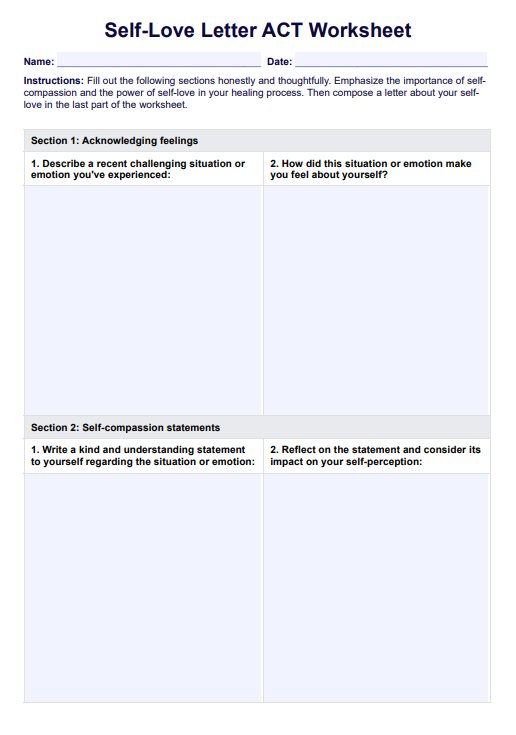
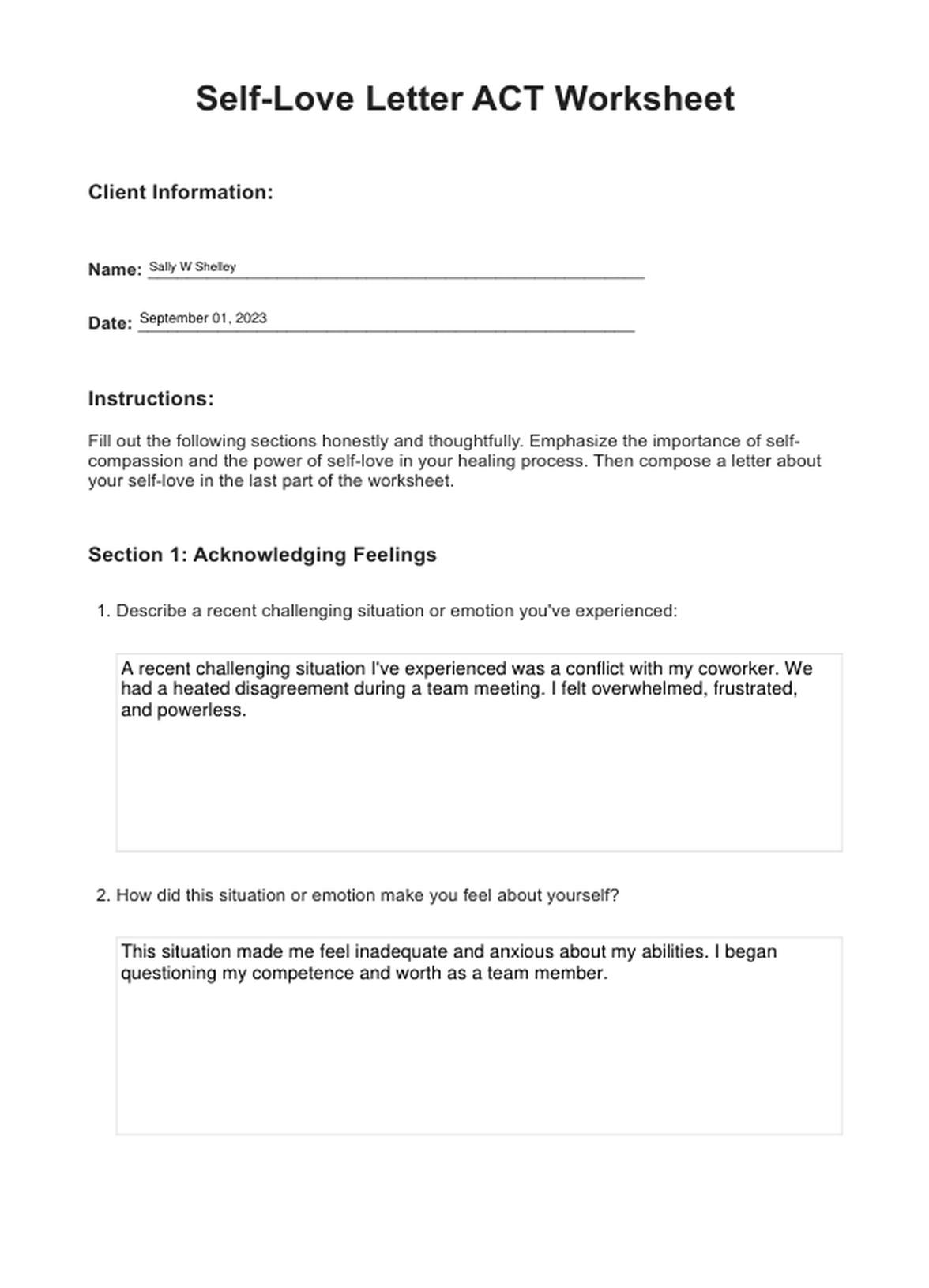

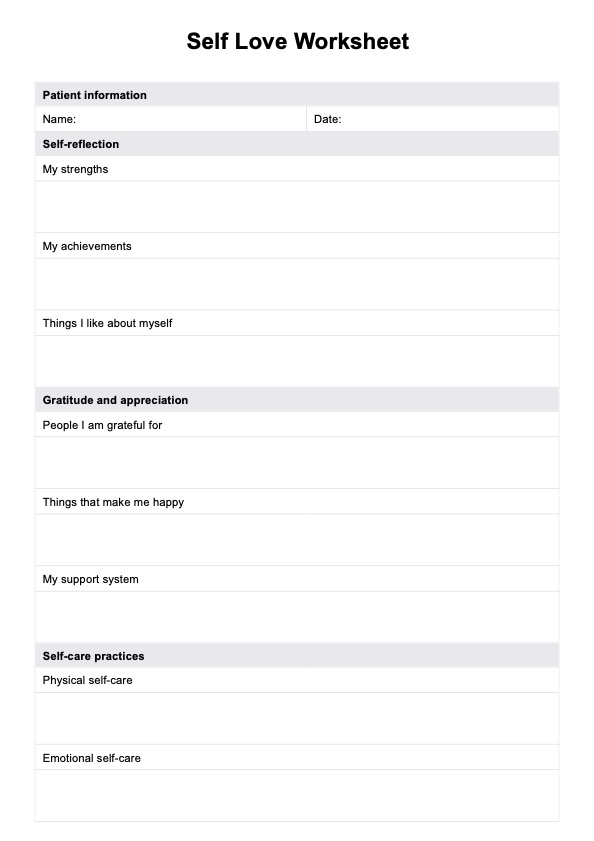














-template.jpg)





















































































